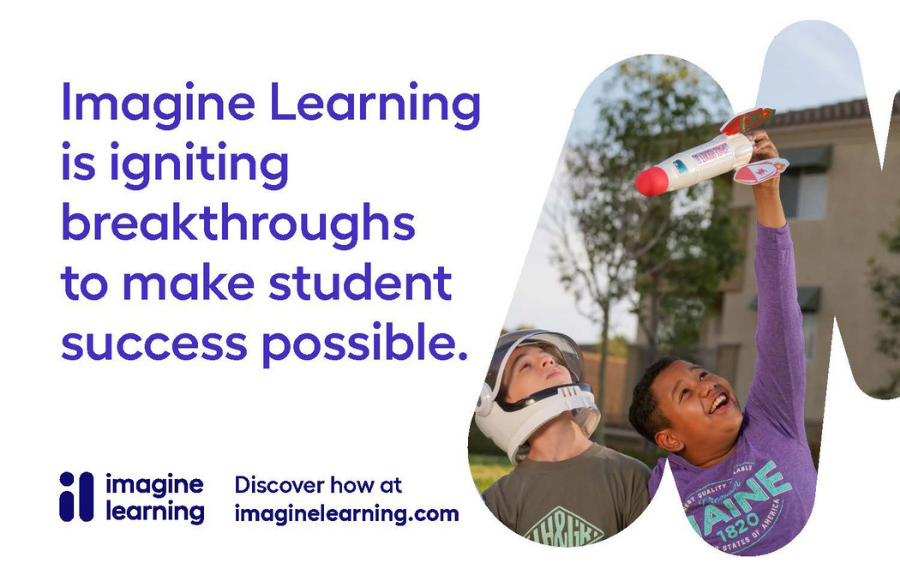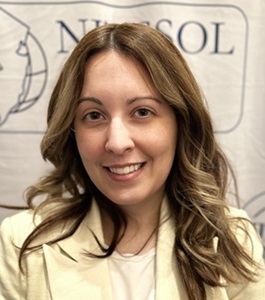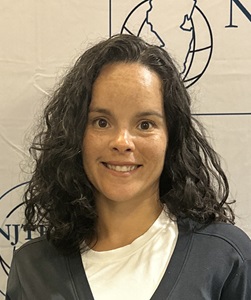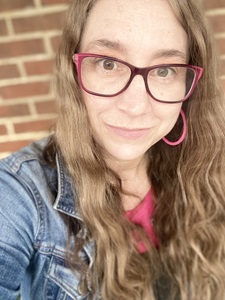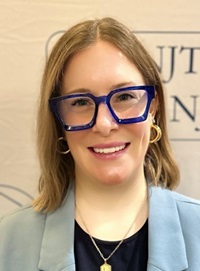Science of Reading Podcast 3:
Diagnosing Dyslexia in Multilingual Learners
With Francisco Usero-González
 Usero-González begins the podcast by describing how kidney surgery before he was three caused him to have a significant stutter, which then affected his social-emotional development because he couldn’t articulate clearly. He became withdrawn and isolated at school, and although his parents did their best, they lacked resources and did not know how to help him. Then, while he was pursuing his PhD, he started working with tutors who reported issues with Pre-K students who had dyslexia. This ignited his desire to research ways to help these students.
Usero-González begins the podcast by describing how kidney surgery before he was three caused him to have a significant stutter, which then affected his social-emotional development because he couldn’t articulate clearly. He became withdrawn and isolated at school, and although his parents did their best, they lacked resources and did not know how to help him. Then, while he was pursuing his PhD, he started working with tutors who reported issues with Pre-K students who had dyslexia. This ignited his desire to research ways to help these students.
He found that mastering one language with dyslexia is very difficult, and this increases when learning a second language. He shares the challenges of one of his ML students who had dyslexia. He explains that while she loved learning, when faced with reading, “..each page was a battlefield…because the words, they seemed to play tricks on her, like dancing and jumbling, to a song that she couldn’t hear….And there is another layer to this challenge, that cherished book of hers was in English….Mastering one language with dyslexia is really tough. Imagine adding a second language with its unique sounds and rules.” Thus, early intervention is essential and teachers need an understanding of the obstacles these children face. Because students have diverse needs in language, culture, and learning difficulties, one size solutions are inadequate. He emphasizes that, “Dyslexia is something beyond a language. It is something that our students bring with themselves. We need to give them all the tools and resources in order to help them overcome those symptoms.”
He also addresses the intersection between language acquisition and dyslexia and the necessity of observing students’ behavior to understand the child as a whole. In order to do this, “We need to promote collaboration, because we need to talk to the different teachers that the student has in order to see if it is indeed a second language acquisition issue or it belongs to the patterns, the symptoms, that a student with dyslexia might have.”
He also offers this advice. “It is very important for us to have this communication with parents and teachers and have them as our best allies. They are going to give us a lot of information that we maybe cannot track during our classroom time.”
He closes by noting the importance of translanguaging as a vital tool for MLs with dyslexia so they can use their full linguistic repertoire to communicate and to code and decode. Here is the link to his website where you can watch his TED talk on Bilingual Learners and Dyslexia.
Here is the link to Episode #3 – Francisco Usero-Gonzalez, Ph.D. discusses MLs and dyslexia
See below for episode #4.

 “In this episode, Diane August, Ph.D. shares her journey and expertise supporting multilingual learners.”
“In this episode, Diane August, Ph.D. shares her journey and expertise supporting multilingual learners.”